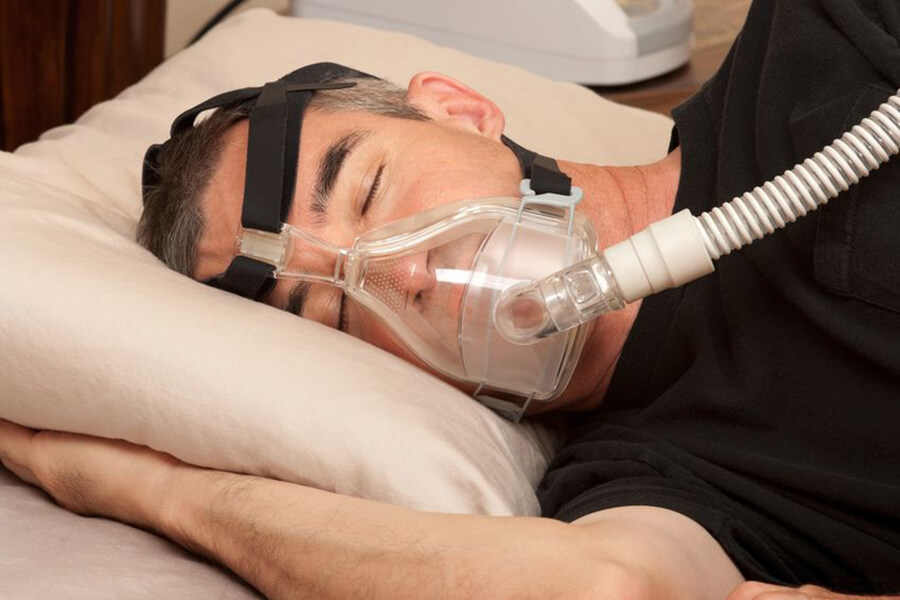One billion people worldwide suffer from obstructive sleep apnea, and scientists are now investigating this disease and its relationship to people’s brains. Although sleep apnea is annoying enough, with men waking up many times an hour and unable to get deep sleep, new research is showing that having obstructive sleep apnea could cause long term cognitive problems such as dementia or Alzheimer’s disease.
Dementia and Sleep Apnea
Dementia is a form of memory, judgment, and language loss brought about in old age that interferes with daily life. Research shows that “severe OSA is linked to an increase in a protein, called beta-amyloid, that builds up on the walls of the arteries in the brain and increases the risk of dementia.” People who have obstructive sleep apnea do not sleep very efficiently, and they rarely make it to the state of truly regenerative sleep. This causes the protein beta-amyloid to build up, and leaves these people more susceptible to dementia later on in life.
Alzheimer’s and Sleep Apnea
Alzheimer’s disease is a type of dementia that affects many older people. Approximately 70% of people with dementia have Alzheimer’s, so this is a very important part of dementia study. Recently, scientists have found a link between the plaque build up in patients with obstructive sleep apnea that is the same as the plaque build up in patients with Alzheimer’s disease. They knew the two were related, but until now they did not have conclusive evidence of how, Amyloid plaques show similar signs of damage, in obstructive sleep apnea and Alzheimer’s, including where it starts and how it spreads. These signs make a definitive connection between OSA and Alzheimer’s.
Ramifications of Studies
Scientists have found that CPAP therapy, which is used to help sleep apnea patients get a full night of sleep, makes no difference to plaque build up. This begs the question of what can be done to stop or reverse the consequences of the build up of beta-amyloids in the brain. Scientists will continue to study these connections and possible therapies or cures that could reverse the loss of memory, judgment and language loss that affects so many.
Time will tell what the scientific community can do to assist with deteriorating brains. The study of the interesting connection between sleep apnea, dementia, and Alzeimer’s is still in its early stages, but should prove fruitful and helpful to suffering patients in the coming years.

